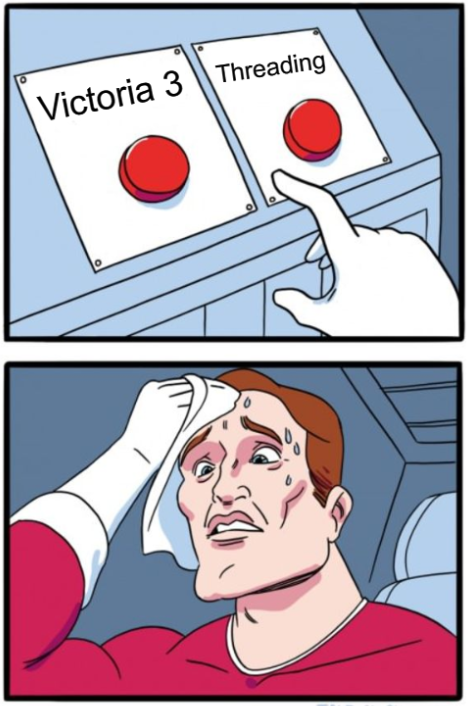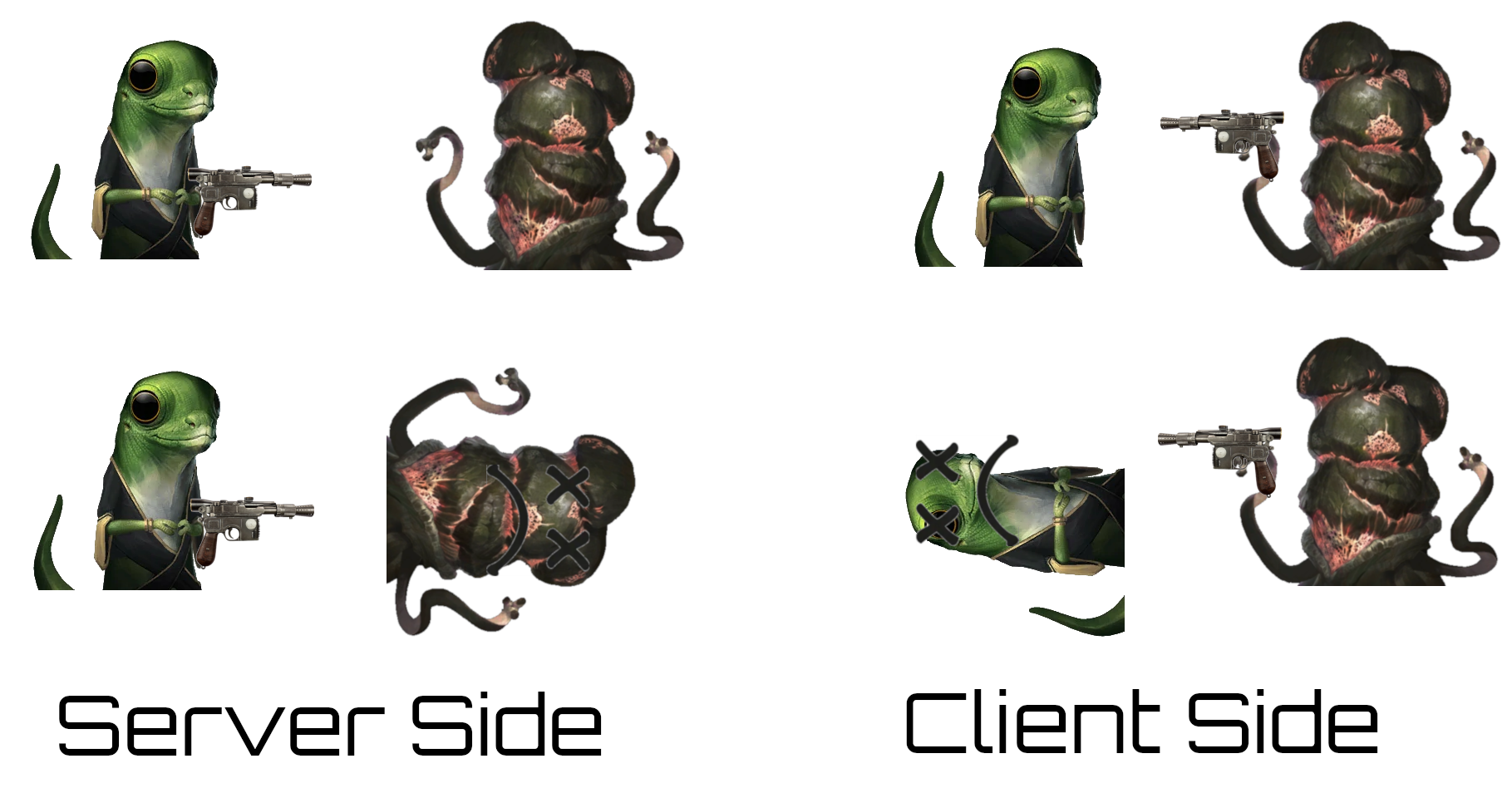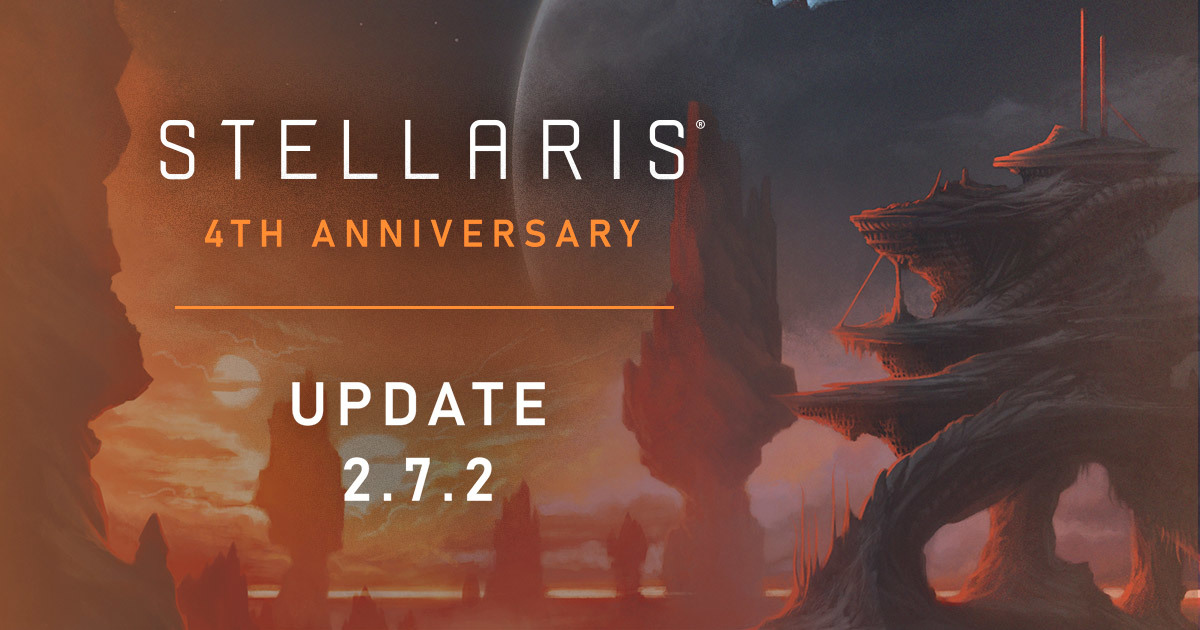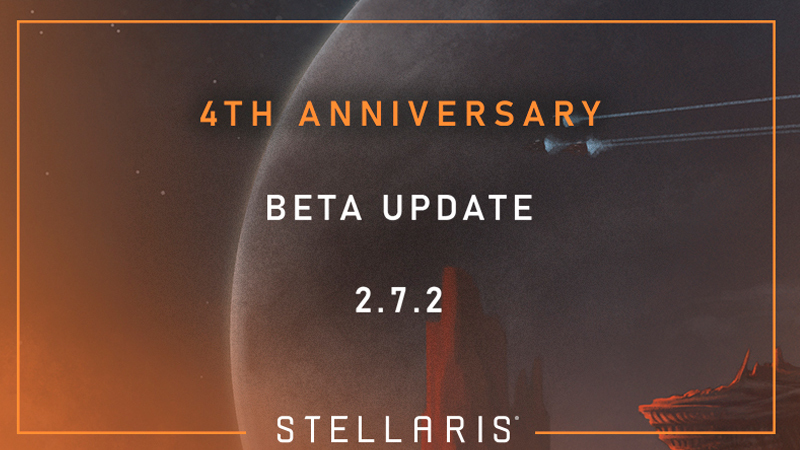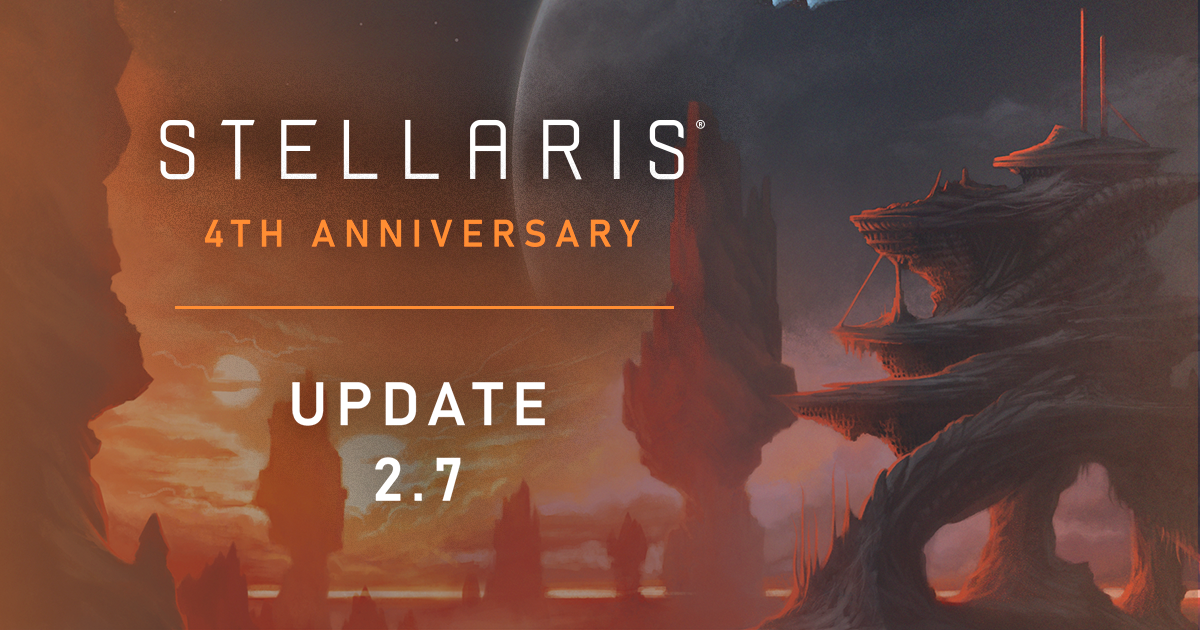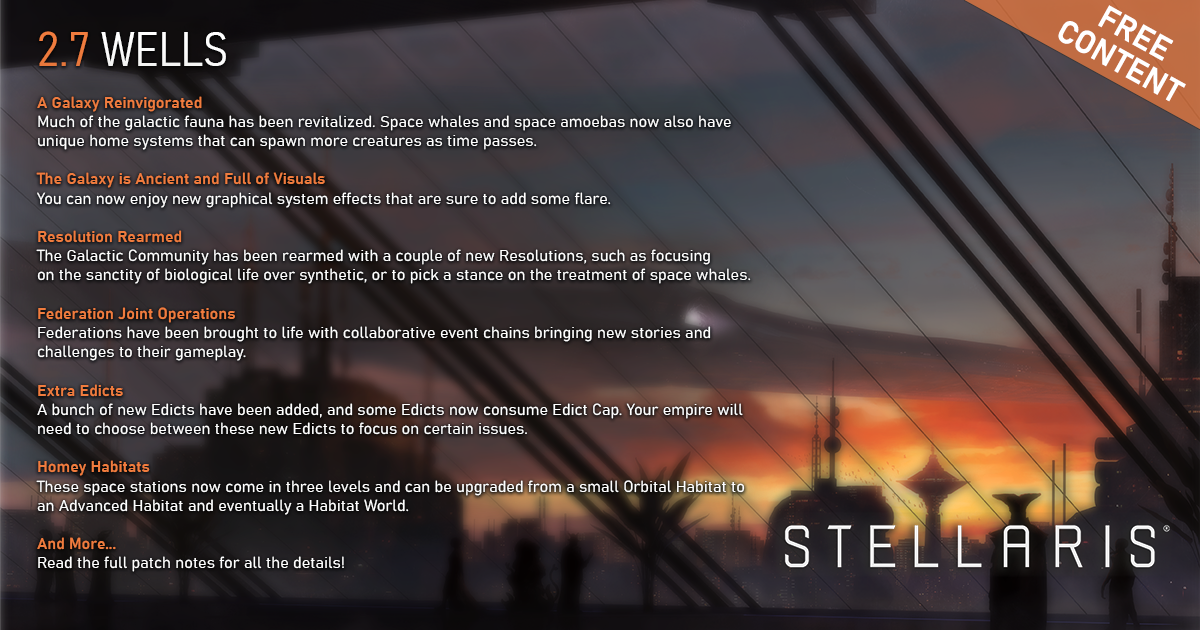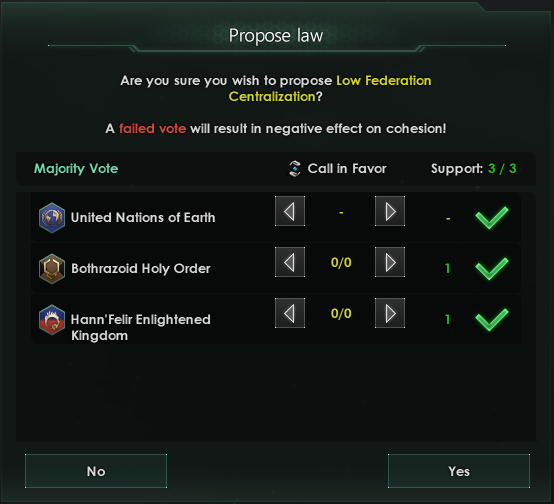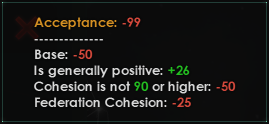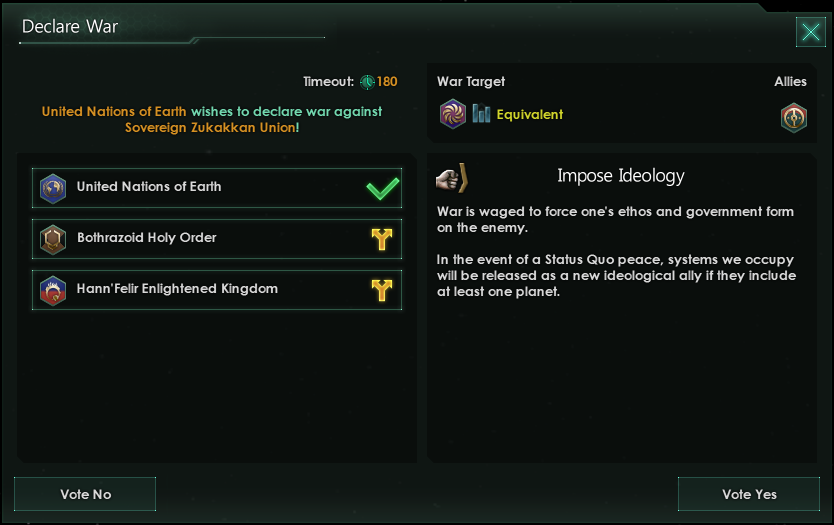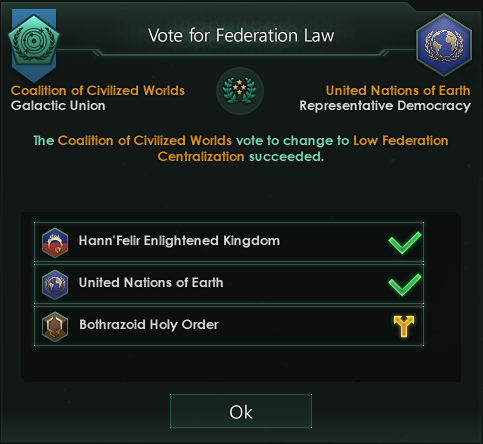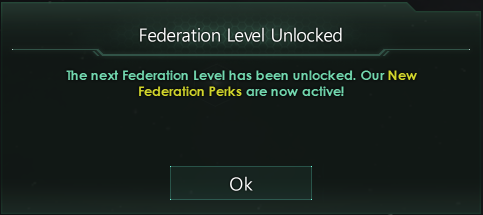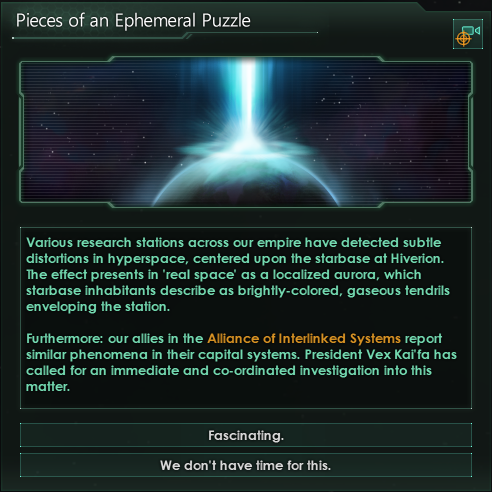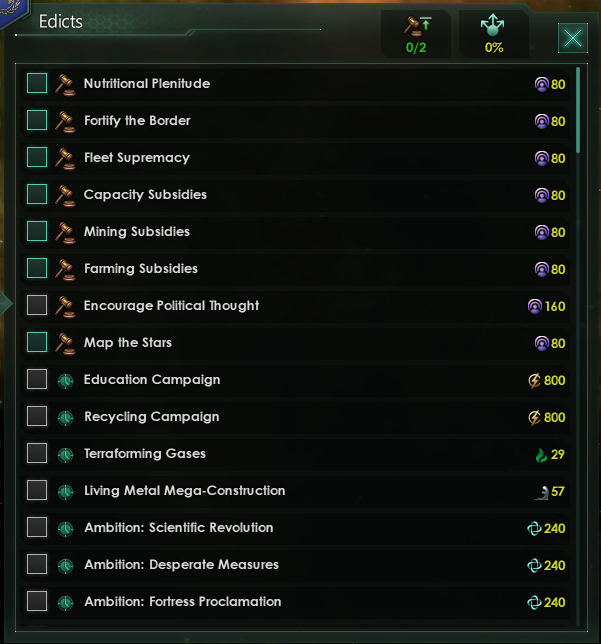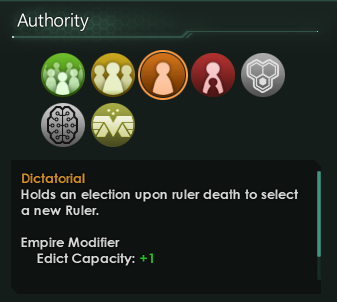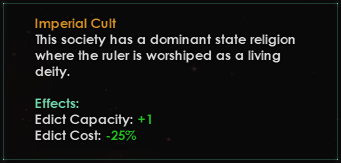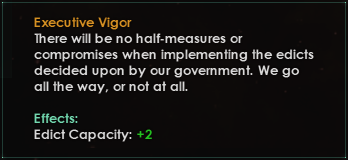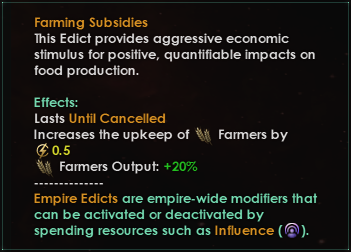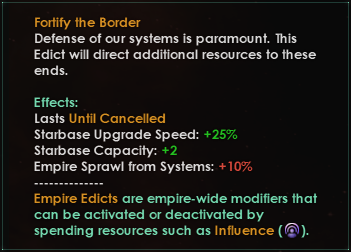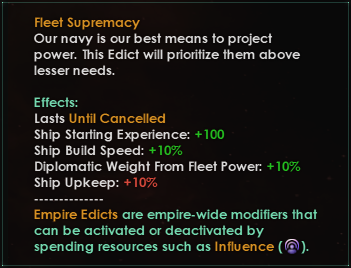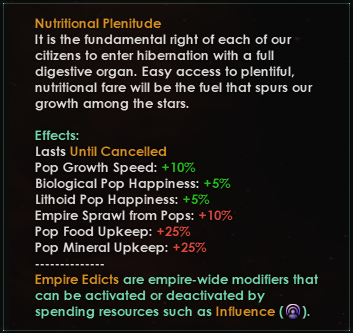
Stellaris - ann-charlotte.mork
"Hi everyone! I am Caligula, one of Stellaris’ Content Designers, which means that I do a variety of tasks based around narrative writing and scripting - “scripting” being our term for doing things that is somewhat similar to programming, but without changing the source code. In other words, I do what modders do (though I have the significant advantage of also being able to peek into the source code and change it around when needed). Every Content Designer has their niche, and mine is that when a particularly complicated system needs to be scripted in (or, more frequently, is giving some sort of trouble - the War in Heaven still gives me nightmares...), I step into the breach.
Now, we have a lot of exciting stuff to show off in the weeks and months to come, but for today, inspired by some questions that were asked after the last dev diary, I’m going to be writing about the technical side of scripting for modders and aspiring modders, specifically with an eye on what can cause performance problems and how to avoid making bad scripts.
The Stellaris scripting language is a very powerful tool, and a lot can be done with it, but first of all, a note of caution: just because something is possible, does not mean it should be done. I can’t really stress this enough, because (and I speak from experience here) this attitude will almost certainly end up causing both performance issues and unreadable scripts that you will not be able to disentangle six months later when you realise some part of it is broken. Though it should be borne in mind that doing something in code is, by definition, faster: in code, you can check a single function and be done with it, but if you want it to be accessible through script, there’s a fair few necessary functions it has to go through before you get to checking your function (turning the line of script into a code command, checking whether it’s used in the right scope, etc etc) - hence why some things are hardcoded, and also why hacky solutions to problems can end up being quite bad. So, the first question to consider is, should I really be doing this?
But who am I kidding, I’m speaking to modders here, so of course you will do it :D So without further ado...
Every time you run a check or execute an effect, this will take a very tiny amount of your computer’s processing power. With a few exceptions that should be used sparingly (I’ll get to those later), this is totally fine and is needed to do anything at all. It is when the check is repeated often, over lots of objects, that problems happen. In practice, this usually means pops are the cause, though running something across all planets in the galaxy is also a pretty bad idea.
As a first step, when possible, it is a good idea to control when your script is run. The best way to do this is by setting where events are fired and using on_actions (or firing events from decisions and the like) wherever possible, instead of mean time to happen or, even worse, just setting an event to try and fire every day. If a degree of randomness is needed, one could also fire a hidden event via, say, a yearly pulse and then firing the actual event you want with a random delay (for an example, check out event action.220). "
If you wanna read the full post, have a read here!
Now, we have a lot of exciting stuff to show off in the weeks and months to come, but for today, inspired by some questions that were asked after the last dev diary, I’m going to be writing about the technical side of scripting for modders and aspiring modders, specifically with an eye on what can cause performance problems and how to avoid making bad scripts.
The Stellaris scripting language is a very powerful tool, and a lot can be done with it, but first of all, a note of caution: just because something is possible, does not mean it should be done. I can’t really stress this enough, because (and I speak from experience here) this attitude will almost certainly end up causing both performance issues and unreadable scripts that you will not be able to disentangle six months later when you realise some part of it is broken. Though it should be borne in mind that doing something in code is, by definition, faster: in code, you can check a single function and be done with it, but if you want it to be accessible through script, there’s a fair few necessary functions it has to go through before you get to checking your function (turning the line of script into a code command, checking whether it’s used in the right scope, etc etc) - hence why some things are hardcoded, and also why hacky solutions to problems can end up being quite bad. So, the first question to consider is, should I really be doing this?
But who am I kidding, I’m speaking to modders here, so of course you will do it :D So without further ado...
What causes performance issues?
Every time you run a check or execute an effect, this will take a very tiny amount of your computer’s processing power. With a few exceptions that should be used sparingly (I’ll get to those later), this is totally fine and is needed to do anything at all. It is when the check is repeated often, over lots of objects, that problems happen. In practice, this usually means pops are the cause, though running something across all planets in the galaxy is also a pretty bad idea.
As a first step, when possible, it is a good idea to control when your script is run. The best way to do this is by setting where events are fired and using on_actions (or firing events from decisions and the like) wherever possible, instead of mean time to happen or, even worse, just setting an event to try and fire every day. If a degree of randomness is needed, one could also fire a hidden event via, say, a yearly pulse and then firing the actual event you want with a random delay (for an example, check out event action.220). "
If you wanna read the full post, have a read here!




